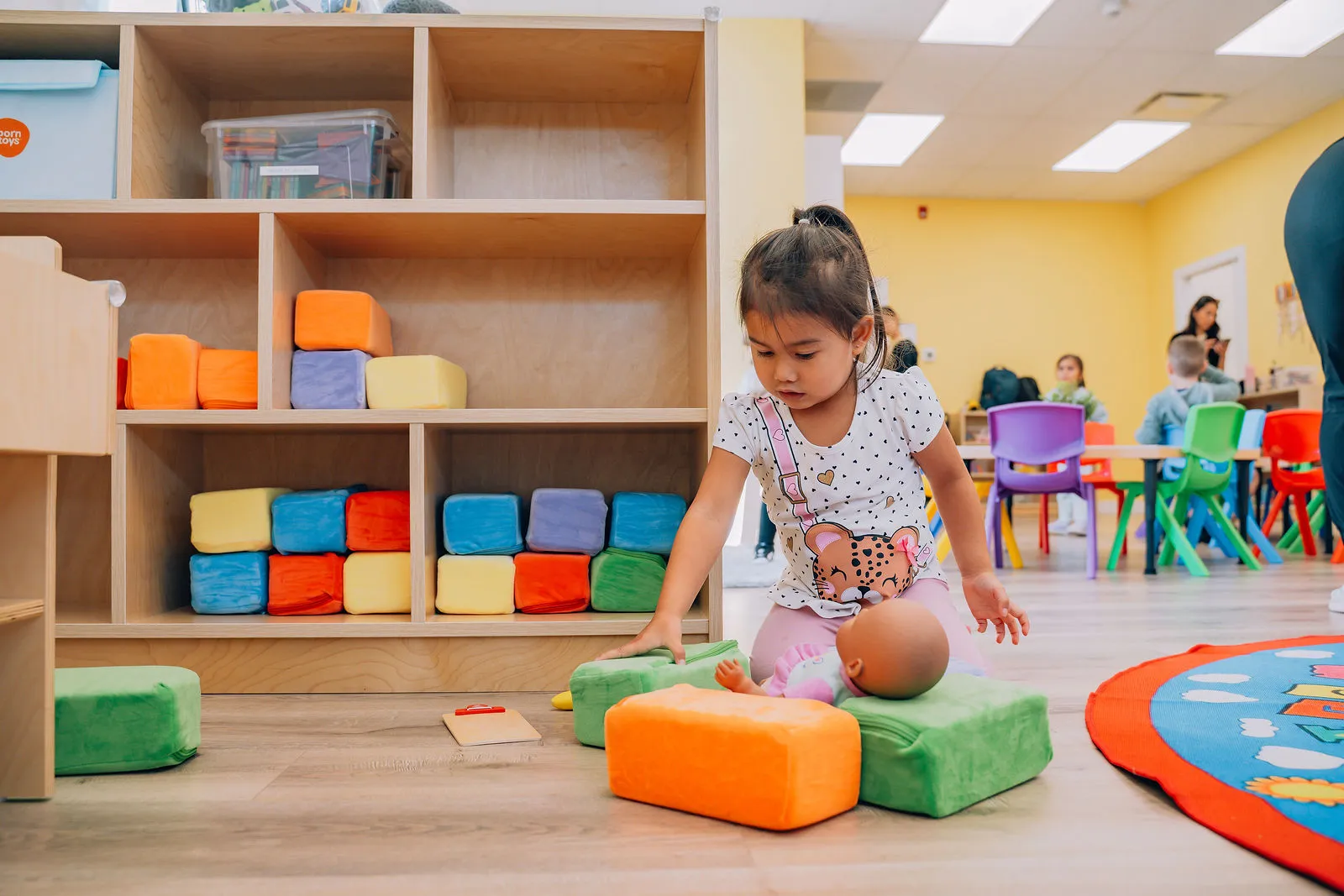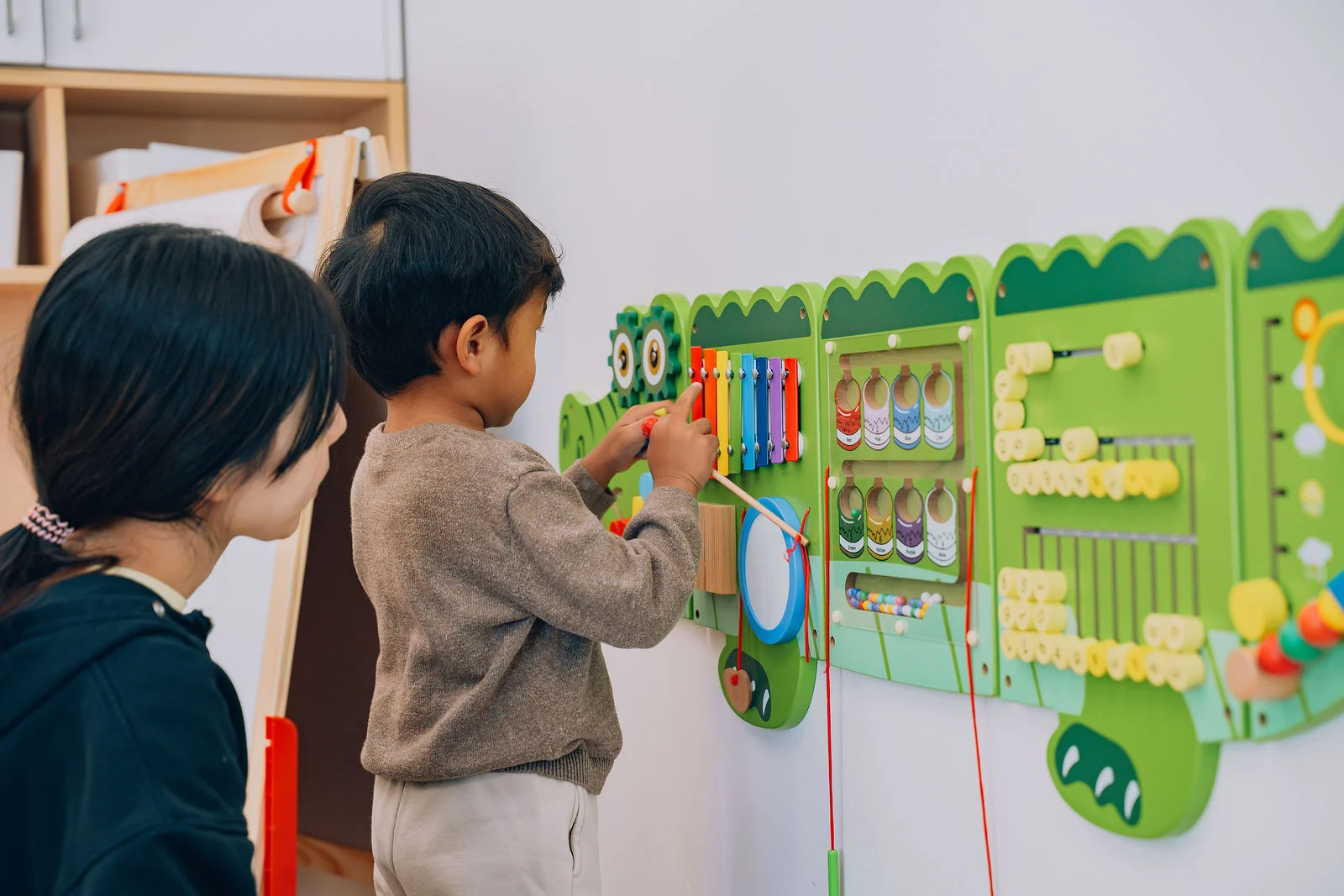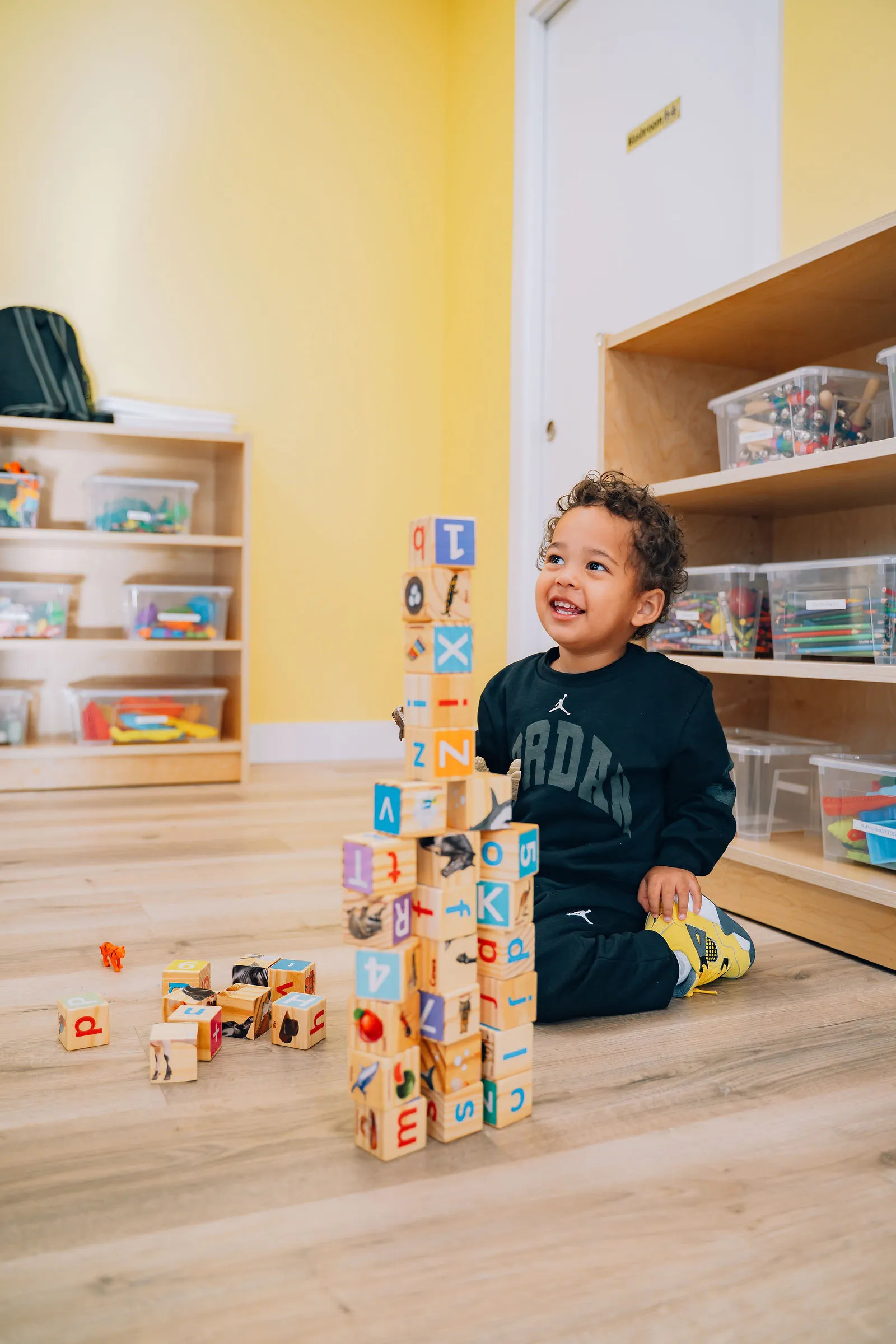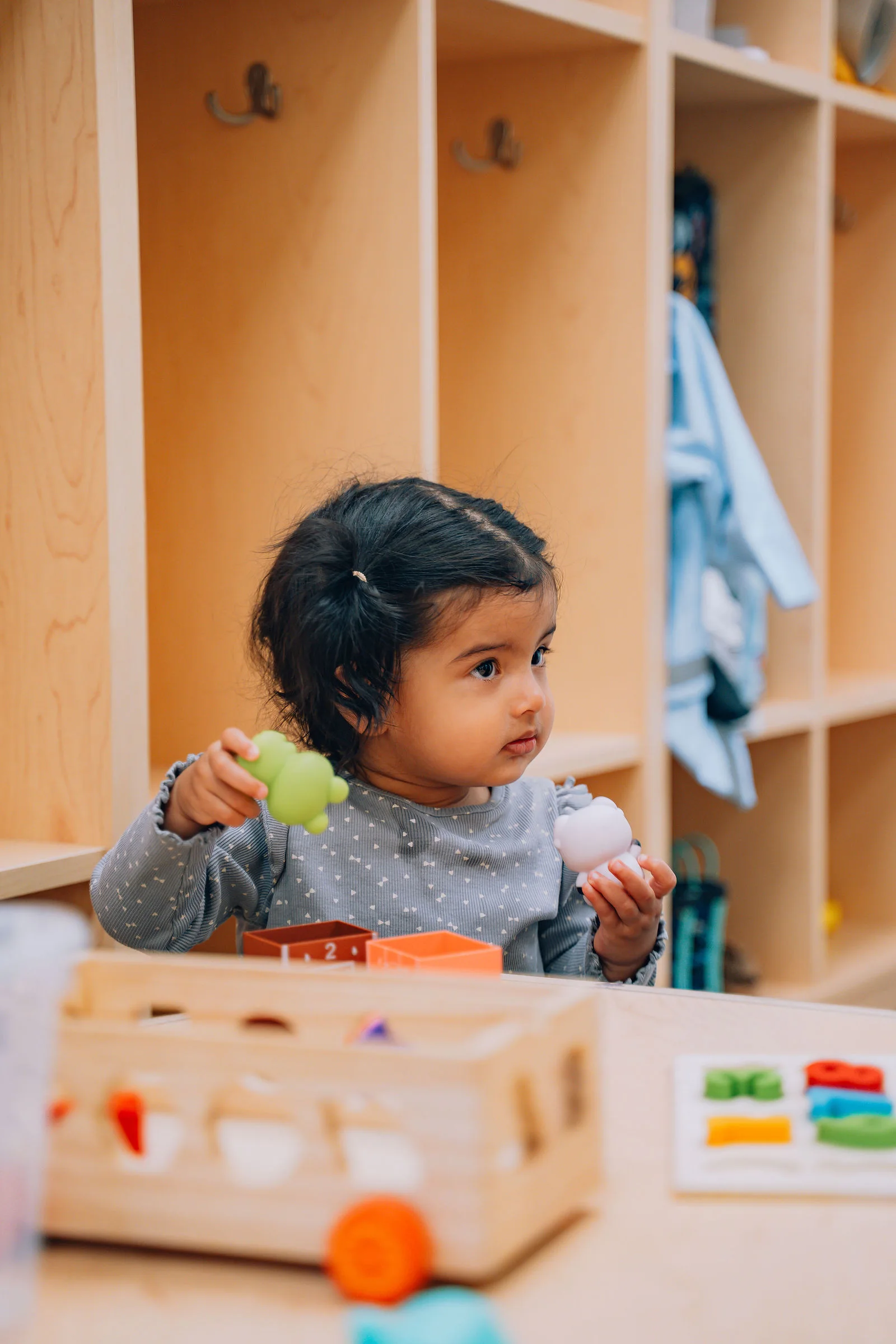The Role of Play in Child Development

Play is often viewed as a simple pastime for children, but its role in early childhood development is profound and multifaceted. At B Kids Daycare, we recognize the importance of play in fostering cognitive, social, emotional, and physical growth. Here’s an in-depth look at how play contributes to your child’s development.
Cognitive Development
Through play, children develop essential cognitive skills. Activities like puzzles, building blocks, and imaginative play help children improve problem-solving abilities, spatial awareness, and creativity. Play encourages curiosity and experimentation, allowing children to explore new concepts and ideas. At B Kids Daycare, we provide a variety of play-based learning activities that stimulate cognitive growth and encourage critical thinking.
Social Development
Play is a critical avenue for social development. It provides opportunities for children to interact with their peers, learn to share, take turns, and resolve conflicts. These interactions teach children valuable social skills such as cooperation, empathy, and communication. Group play activities at B Kids Daycare are designed to promote positive social interactions and help children build strong relationships with their peers.
Emotional Development
Engaging in play allows children to express their emotions and develop emotional intelligence. Through role-playing and imaginative play, children can explore different feelings and scenarios in a safe and supportive environment. This helps them understand and manage their emotions better. Our educators at B Kids Daycare are trained to facilitate play in a way that supports emotional development and helps children build resilience and self-regulation.
Physical Development
Play is essential for physical development, particularly in young children. Activities that involve running, jumping, climbing, and other movements help children develop gross motor skills, coordination, and overall physical fitness. Fine motor skills are also honed through play that involves drawing, cutting, and manipulating small objects. At B Kids Daycare, we provide ample opportunities for both indoor and outdoor play to ensure children receive the physical activity they need for healthy growth.
Creativity and Imagination
Play fosters creativity and imagination, which are crucial for problem-solving and innovative thinking. Through imaginative play, children can explore different roles, scenarios, and ideas, which enhances their creative thinking skills. We encourage creativity at B Kids Daycare through a variety of activities such as arts and crafts, storytelling, and imaginative play setups.
Language Development
Play also plays a significant role in language development. Through interactions with peers and educators, children expand their vocabulary, improve their communication skills, and learn the nuances of language. Activities such as storytelling, singing, and role-playing are integral parts of our curriculum at B Kids Daycare, promoting language acquisition and literacy skills.
Conclusion
The role of play in child development cannot be overstated. It is through play that children learn about the world around them, develop critical skills, and build a foundation for lifelong learning. At B Kids Daycare, we are committed to providing a play-rich environment that supports all aspects of your child’s development. Contact us today to learn more about our programs and how we incorporate play into our daily activities.
More from the B Kids Daycare Blog
Fresh articles on early childhood education, 3-5 program readiness, and childcare tips for families in South Surrey & Langley.
Book Your B Kids Tour Today
See Why Families Across the Lower Mainland Choose B Kids
Step inside B Kids Daycare and experience the warmth, structure, and joyful learning families trust. Tour our licensed classrooms, meet our ECE-certified educators, and see how our our play-based, Montessori-informed, and Reggio Emilia–influenced approach supports your child’s growth from infancy through the early years.




